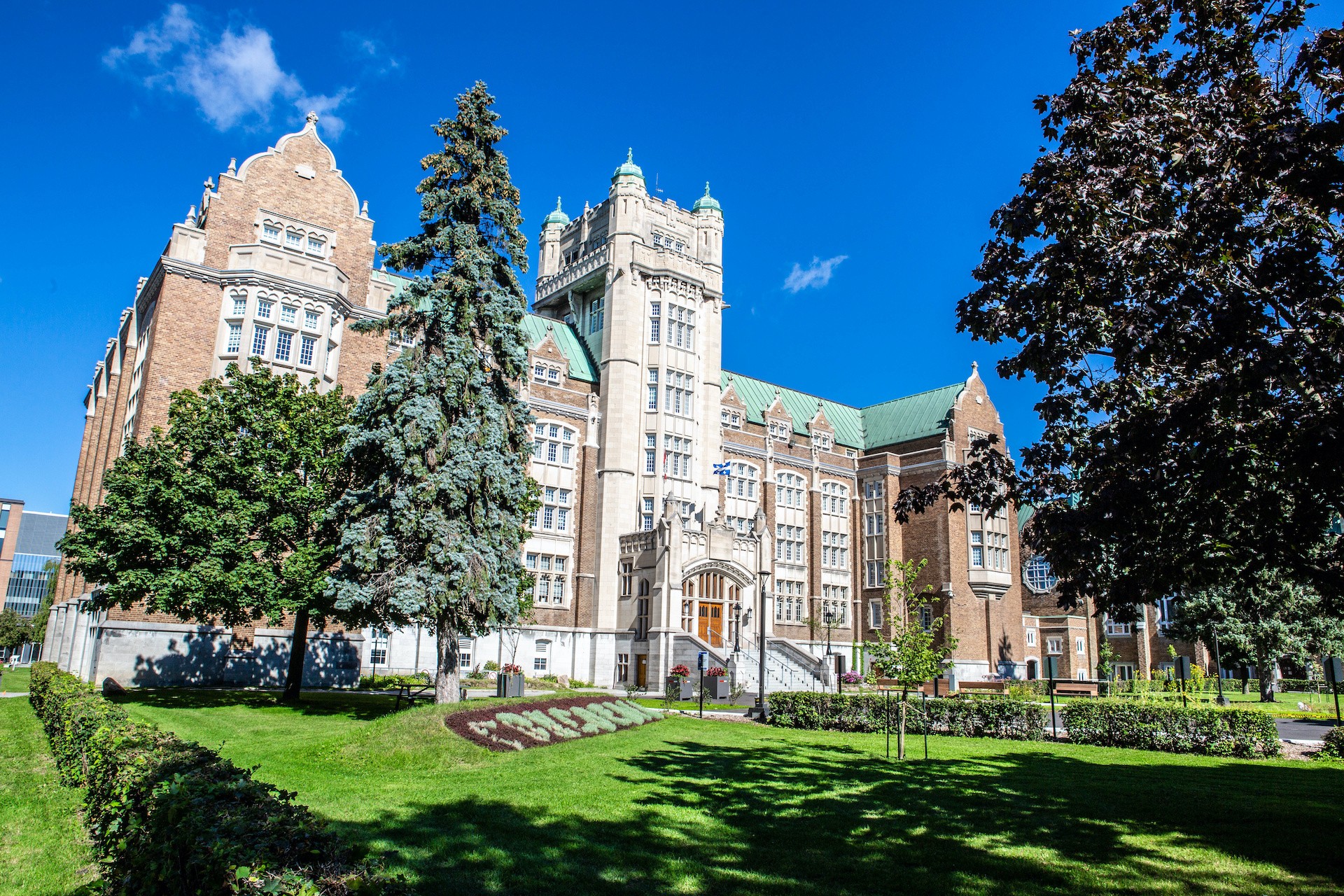Studying abroad can mean mountains of paperwork, not to mention restrictive visa regulations. In Canada, though, things are a little easier for international students.
For Nick Zhao (pictured left), Canada presented a great opportunity to study abroad.
Originally from China, where he received his bachelor’s degree, Nick was keen to explore the wider world through an MBA.
Nick is undertaking an MBA in Investment Management at JMSB, which also incorporates CFA accreditation training. Each year, students have the chance to complete a CFA level alongside their MBA assessments. By the end of the program, many students pass all three levels.
“Canada became my priority because it provides international students with a work permit right after we receive our degree,” Nick explains. “This really gives international students an advantage.”
The work permit allows international graduates to stay in Canada and work for up to three years. While studying, overseas students can also work up to 20 hours per week during term, and full-time during vacations.
Nick is making the most of his visa flexibility this summer, undertaking an internship with an asset management firm in Montréal.
2. A thriving jobs market
 Canadian business schools make a great study location for MBA students
Canadian business schools make a great study location for MBA students
 Nick Zhao, MBA in Investment Management candidate
Nick Zhao, MBA in Investment Management candidate
 Sapandeep Randhawa, John Molson MBA candidate
Sapandeep Randhawa, John Molson MBA candidate

